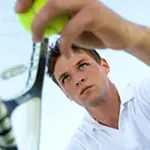
Tennis players of all levels are used to the concept of "practice makes perfect." Some go further and understand that "perfect practice makes perfect."
In this search for perfection, athletes will spend a great deal of time, sweat and tears pounding the ball and pounding their feet on the court.. But many of these players are missing the most important muscle of all: the six inches between your ears!
A lot of players assume that you have to have mental "problems" to work on your mental game. This is probably good news to those of you who do take your mental game seriously. Your opponents are giving you an edge!
There is an adage that "successful people do what unsuccessful people are not prepared to do." In many ways, spending time on-court and improving your strength and fitness is "easier" work.
Physical conditioning often seems more tangible and real. There seems to be clear and proven methods of developing stronger muscles, or even technical improvements where working on your forehand through repetition and the watchful eye of a coach will bring about the desired changes in a match.
The mental game can be a lot less straightforward.
What is a Mental Game?
The first important question to ask is what is a mental game? This is not simply a matter of not "losing your cool" on the court. We're not talking about Marat Safin-type outbursts or broken rackets, although this would clearly be an area to improve.
Instead, think of when your mind is important in matches. What decisions do your have to make? What do you want to focus on? What is your mind like when you are playing great tennis? What have been your most mentally tough moments?
I sometimes ask players if they talk to themselves? Even the people who say no are probably telling themselves, "No, I don't do that. Does he think I'm crazy or something?"
The typical human being talks to themselves somewhere between 300 - 1,000 words a minute! Imagine what you say to yourself during the average practice. How about in an important match?
Now think about how important what you say is. The significance is this: Where our mind leads, our body follows.
Imagine this scenario: You are serving to stay in a set with a break point against you. It's your second serve and you start focusing on not missing the serve. You hear the voice inside your head, "Don't double fault. Don't hit the net!"
Nine times out of ten that's exactly where the serve is going to end up. On a simple level, our brain really sees more in pictures than it does in words. When our focus becomes the net or not missing, we picture the net or missing.
I call this setting negative goals or negative targets. Our body doesn't distinguish the difference, it just responds to what we picture or focus on.
Ironically, a great deal of mental conditioning is about helping you think less. For most people, this is why having a mental game plan is so hard.
For a lot of you, you're able to turn your mind off when you practice and can go for long stretches keeping your mind simple, focusing on the ball, patterns of play or simply targets.
However, when it comes to big matches -- or even big points within matches -- the brain turns on again. What you've done a thousand times in practice suddenly becomes more complicated. By turning your brain on and thinking more in this situation you have made the task more complicated!
The catch is how do you turn your brain off again, so that your body and muscle memory can turn back on. A lot of the very best pros have the phenomenal ability of trusting their muscle memory in the biggest points of the match.
- 1
- of
- 3
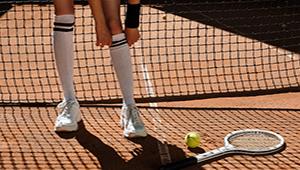

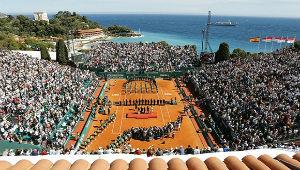
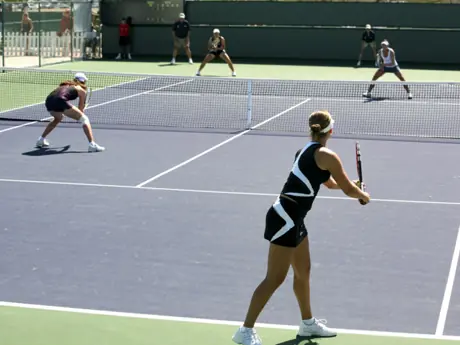
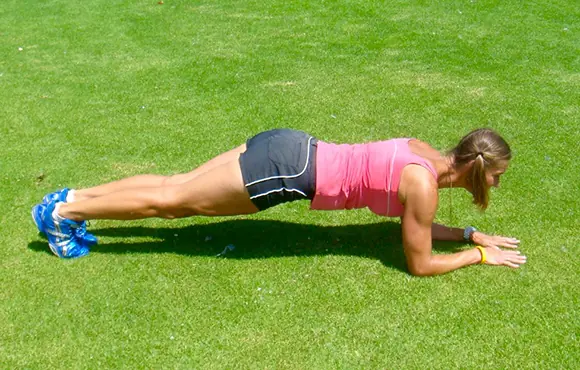


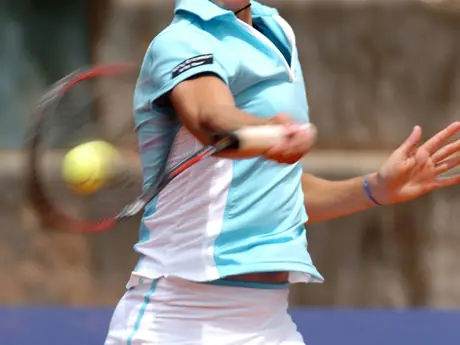
Discuss This Article